
A New Resource Provides a Sanctuary for Black TNBC Patients
The Black TNBC Sanctuary is a resource that provides key information and resources specifically for Black patients with TNBC.


The Black TNBC Sanctuary is a resource that provides key information and resources specifically for Black patients with TNBC.
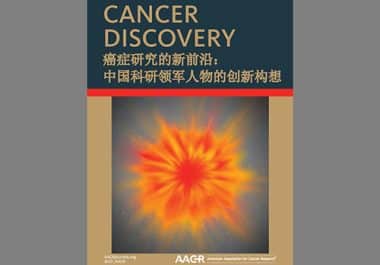
A special collection of commentaries in the AACR journal Cancer Discovery offers innovative ideas from leading Chinese researchers.

Recent advances in EGFR inhibition include combinations to overcome resistance and approvals for newly diagnosed or early-stage lung cancers.

This Halloween edition features ghostly transparent mice, parasites to deliver drugs to the brain, stealing from the dead, and...

Janet Mosugu, recipient of the Margaret Foti Scholarship, wants to use communication to help empower communities take charge of...

Andrew Chapman and Kuang-Yi Wen of Thomas Jefferson University were named scientific awardees for their work in geriatric oncology...
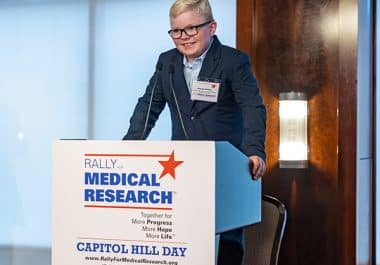
Ten-year-old Michael Methner told his story about his experience being diagnosed with optic nerve glioma at the Rally for...
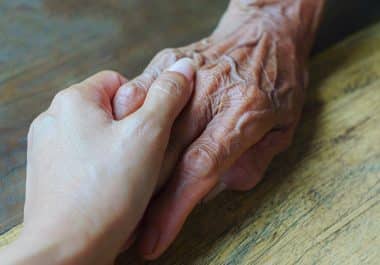
Researchers examined how the molecular features of Hodgkin lymphomas differ between young and older patients.
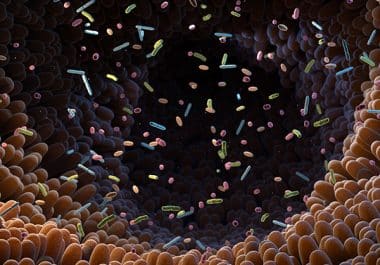
Researchers developed a model that uses the gut microbiome to predict if a patient's tumor would have a response...
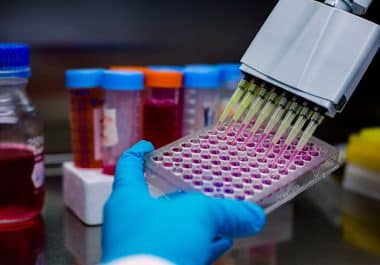
This quarter's round-up of cutting-edge cancer research includes a way to fight chemo brain, controlling cancer cell death, and...